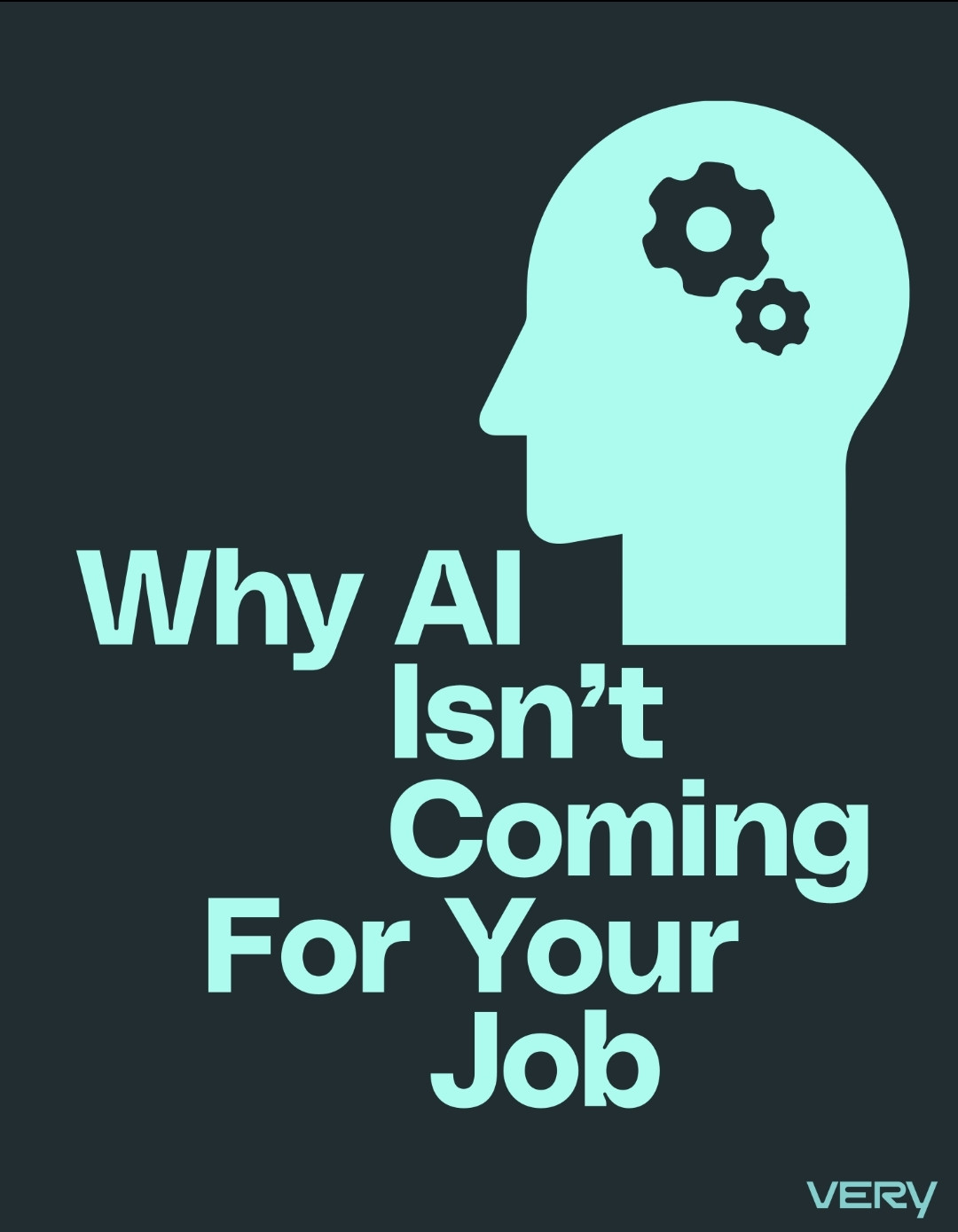
Why AI Isn't Coming for Your Job
In an era of rapid technological advancement, fears of artificial intelligence (AI) taking over human jobs have become increasingly prevalent. However, a deeper examination reveals that this concern may be misplaced. Contrary to popular belief, AI isn't on a mission to render humans obsolete in the workforce. Here's why:
Understanding the Role of AI
Before delving into the debate, it's crucial to understand the role of AI in today's society. AI refers to the simulation of human intelligence in machines, enabling them to perform tasks that typically require human cognition, such as learning, problem-solving, and decision-making. While AI has undoubtedly made significant strides in various industries, its capabilities are still limited in many respects.
Complementary, Not Competitive
One of the fundamental misconceptions about AI is that it's in direct competition with human workers. However, research suggests otherwise. Instead of replacing humans, AI often complements their skills and abilities, enhancing productivity and efficiency in the workplace. For example, AI-powered tools can automate repetitive tasks, allowing employees to focus on more complex and creative aspects of their jobs.
The Rise of Augmented Intelligence
Rather than viewing AI as a threat, it's more accurate to see it as a form of augmented intelligence, a tool that empowers humans to achieve more than they could on their own. By leveraging AI technologies, workers can augment their capabilities, leading to greater innovation and problem-solving in various fields. In essence, AI serves as a catalyst for human ingenuity, rather than a substitute for it.
Jobs of the Future
While it's true that AI may lead to the automation of certain tasks, it also opens up new avenues for employment. As AI continues to evolve, so too will the demand for skilled professionals who can develop, maintain, and manage these technologies. Fields such as data science, machine learning, and AI ethics are expected to see significant growth in the coming years, creating exciting opportunities for those willing to adapt and upskill.
The Importance of Human Touch
One aspect of work that AI struggles to replicate is the human touch—the empathy, creativity, and emotional intelligence that are essential in many professions. Jobs that require interpersonal skills, critical thinking, and complex problem-solving are less susceptible to automation, as they rely heavily on the uniquely human qualities that AI lacks. In essence, while AI excels at tasks that involve data processing and pattern recognition, it pales in comparison to the complexity of human interaction.
Embracing the Future
Rather than succumbing to fear and apprehension, individuals and organizations should embrace the potential of AI as a tool for progress and innovation. By fostering a culture of continuous learning and adaptation, workers can position themselves to thrive in an AI-driven world. Moreover, policymakers and industry leaders have a responsibility to ensure that the benefits of AI are distributed equitably, mitigating potential disruptions and addressing concerns about job displacement.
Conclusion
In conclusion, the notion of AI coming for your job is a misconception rooted in fear and uncertainty. While AI undoubtedly presents challenges and changes to the workforce, it also brings with it tremendous opportunities for growth and advancement. By understanding the complementary nature of AI and human intelligence, we can harness its potential to create a future where humans and machines work together harmoniously, driving innovation and prosperity for all.
